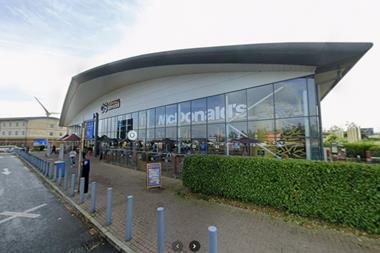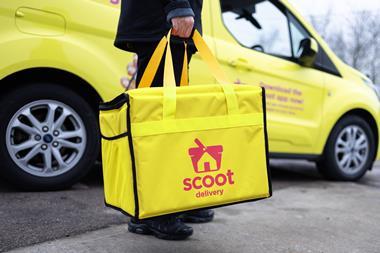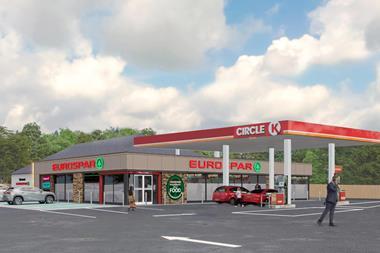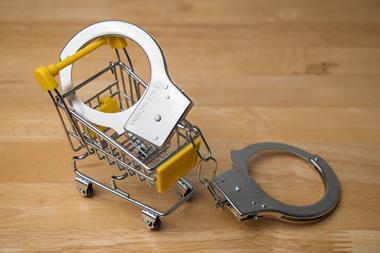PRA chairman Brian Madderson has welcomed news of a potential deal to limit production within the oil producers cartel OPEC, which could result in an increase in the price of oil.
He cautioned that implementing any deal involving countries such as Russia and Saudi Arabia cutting production would be difficult, but said: “A modest increase in the price of oil will be welcome news to the oil companies and to the wider fuel sector.”
He said if the deal was implemented it would reinforce the PRA’s view that oil would be trending towards $60 a barrel by the end of the year.
He added: “There is no likelihood of the high prices of two years ago, but the days of £1 a litre are long gone. It will be nearer £1.20 a litre by the end of the year.”
The RAC agreed that any potential increase would be limited. Spokesman Simon Williams said: “News that OPEC has agreed a preliminary deal to cut production marks a major move away from its long-term over-supply strategy. This has been aimed at trying to maintain its market share by thwarting the threat of US shale oil with a lower barrel price than its break-even production point.
“While the detail of the production curb is to be decided next month, it is well worth remembering that OPEC members often struggle to reach a consensus and that the low price strategy of the last two and a half years will be wasted if the barrel price goes above $55 and shale oil production kicks back in at full pace.
“From a motorists’ perspective we don’t feel there is cause to panic as, while pump prices may rise a little in the short-term from the current 112p a litre for petrol and 113p for diesel, we are very unlikely to see a return to the dark days of April 2012 when unleaded was 142p and diesel was 148p as a result of oil being well over $100 a barrel.
“With the oil price as of close of trading on Wednesday standing at $45 a barrel there is some way to go before motorists experience any major pain at the pumps, especially as the actual cost of the fuel only represents around a third of the pump price, with the lion’s share being made up of fuel duty and VAT.”

































No comments yet